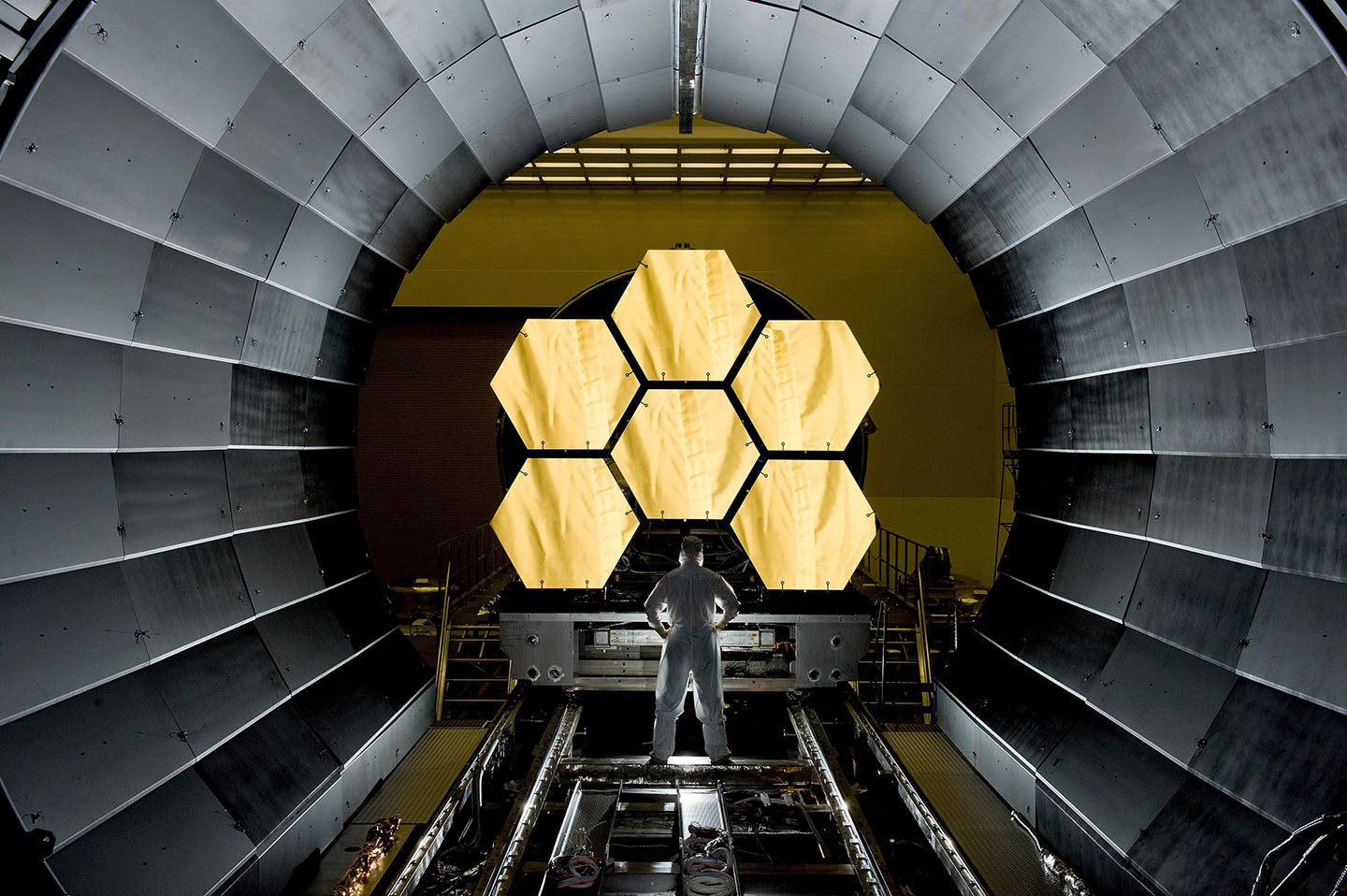Throughout human history, people have found new ways to make life easier. Whether it's figuring out how to cook food, getting from one place to another without having to walk, or discovering the causes of disease, science has done a lot for us. In this article, we'll discuss 10 of the greatest scientific discoveries that have helped shape who we are and what we have today.
1. The discovery of electricity
The first discovery on our list is electricity. In ancient Rome, a man named Scribonius Largus wrote about a torpedo fish that emitted electric shocks that stunned or even killed humans who touched it. When William Gilbert (a British physician) wrote "Of Magnete" in the 1600's, he revealed many qualities of electricity. Then, in 1752, Ben Franklin performed his famous kite experiment that confirmed that lightning is an electric current and proved that it can be used as an energy source. In the 1800s, Alessandro Volta invented the first battery called the "voltaic battery." This discovery led to the invention of light bulbs, radios, and all electrical machines. This is a form of electricity that we still use in our homes today and in different forms such as electromagnetism embedded in our levitation light bulb.
2. The law of gravitation
The second great scientific discovery is Newton's law of gravitation, which states that any mass attracts with a force proportional to its mass and inversely proportional to the square of the distance between it. Isaac Newton discovered this law in 1666 after seeing an apple fall from a tree. He then formulated the theory of gravitation and published it in his "Philosophiæ Naturalis Principia Mathematica, where he mathematically demonstrated how gravity works using Euclidean geometry.
3. The penicillin
One of the greatest scientific discoveries is known as penicillin, which was discovered by Alexander Fleming (1881-1955). This man made this discovery while away from his laboratory for a short period of time and returned later to find mold growing on one of his samples. Fleming is considered the "father of antibiotics." This discovery has cured more than 200 million people of diseases such as pneumonia, meningitis, and strep throat, while making surgery safer than ever. And to make you want to catch a glimpse of his discoveries, what better way than to redecorate your walls with our Chemical Process Posters.
4. Discovery of the unique origin of all living things
The fourth major scientific discovery is that all living things, including humans, come from an ancient single-celled organism and that we are all related to each other. In 1837, Darwin wrote his book "On The Origin Of Species"(The Origin of Species) in which he theorized that all living things on earth, including humans, are related and have evolved from a common ancestor over millions of years. His theory was so controversial at the time that he had to publish it under the pseudonym Alfred Wallace, because people did not believe in his ideas that contradicted their religious beliefs about how we were created by God.
5. The DNA
The fifth major scientific discovery is the structure of DNA. In 1953, James Watson and Francis Crick discovered that all living things are made up of cells and that these cells contain long strands called chromosomes that contain our genetic heritage. This discovery was confirmed by the X-ray diffraction images of Rosalind Franklin, who received a Nobel Prize for this work in 1964.
6. Anesthesia
The sixth great discovery is that of anesthesia. The use of this invention renders a person completely unconscious and unable to feel pain or discomfort during surgery or other medical procedures. The first substance identified as an analgesic in history was ether in 1818 by American physician Crawford Long. Ether has been widely accepted for many years around the world and does not appear to be going away any time soon.
7. The X-Ray
The seventh greatest scientific discovery is a phenomenon called "X-rays," which were discovered by William Roentgen in 1895 while he was experimenting with cathode rays. He noticed that these rays were exposing a screen on the other side of his lab and realized that they were penetrating the objects between them. This discovery led to many things, including better medical imaging and cancer treatment.
8. The phone
The eighth great discovery is the telephone, the device you may use today to talk with friends or family who are far away. This invention made it possible for people all over the world, located in different time zones, to communicate like never before!
9. Aircraft Discovery
The ninth greatest scientific discovery on our list is the airplane. This invention, along with the steam engine, changed the way humans travel by allowing them to take an airplane instead of a train or boat across land and sea. The other major use of this invention was in World War II, which made it easier for countries like America to expand their military power around the world.
10. The Internet
The last one on our list is the internet, which has changed the way we communicate with people all over the world by allowing us to exchange data, post videos, photos and articles online. This invention has also allowed for a great change in our economy, logistics and daily life. Because it allows people to get information, businesses to thrive, and finally society to evolve.
So, this tool allows us to make you discover our world composed, of inventions, information, and especially a scientific community anchored and real with a desire to share their passion for the Science.
Each of these discoveries has helped make life easier for all of us. It should be noted that this list is not presented in any particular order.




Leave a comment
All comments are moderated before being published.
This site is protected by hCaptcha and the hCaptcha Privacy Policy and Terms of Service apply.